Among his last acts, Pope Benedict XVI met with Rome’s seminarians and parish priests. Benedict also was attentive to his relationship with his clergy. What kind of bond did Benedict have with his priests? In your role as prefect of the Congregation for the Clergy, you must have been able to observe the Pope’s concern for his priests…
Cardinal Mauro Piacenza: Surely, over the years of Benedict’s papacy, priests and seminarians from Rome, and from the whole world as well, have been able to discover and appreciate enormously the “completeness” of Benedict XVI, as a man of God, as a Shepherd and as a Father.
In 2005 he was described, and recognized, as the finest theologian of the 20th century.
Today, his great humanity is universally known, as well as his ability to establish real relationships of brotherhood, his attention to people and to details, his absolute and profound respect for everyone. These are the features of someone who lives in the presence of the Lord.
Benedict XVI always paid special attention to his relationship with his priests. First, because he knew, as every bishop does, that priests are our first collaborators, essential for the Word of God to be proclaimed and for salvation to reach each and every person, mainly through the sacraments. Second, because he knew that priests, especially in our times, need a careful formation and lifelong education to enable them to carry out their ministry, to conform them through the Holy Spirit as an alter Christus.
As prefect of the Congregation, I tried to share and support the Holy Father’s regard for his sons. I learned much from the extraordinary example of Benedict XVI.

Pope Benedict XVI greets priests at the end of a Mass concluding the Year for Priests in St. Peter’s Square, June 11, 2010 (CNS photo)
What is the essence of the teaching that Benedict XVI leaves to priests? If you would highlight to priests something from his teaching, what would that be?
Piacenza: Surely the example of service. Since the very beginning of his Petrine ministry, Benedict XVI has presented himself as a “humble worker in the vineyard of the Lord.” After eight years of his papacy, this self-awareness appears in all its truth and coherence.
The Holy Father served by teaching, and he taught — a great deal! — by serving.
He is an extraordinary example for all priests, showing how it is possible to leave space for God, in one’s life, in the ministry, in the Church and in the world.
Benedict XVI reminded all of us that God is the real protagonist both of human history and of our lives, and that only in Jesus Christ can the priestly ministry find its authentic and full meaning.
The Pope who bravely spoke out against the “dictatorship of relativism” teaches that it is necessary that all be “related to God,” recognizing the cosmic and historic centrality of God, and being humble and untiring, happy and confident, in His service.
Benedict XVI declared a “Year for Priests” in 2009-2010. What is the heritage of that year?
Piacenza: The Year for Priests was an authentic event of grace. It fostered deep reflection about priestly identity and the profound centrality of the ministry of priests in the life of Church and in service to the world. We were able to reflect on the education of priests, on how to foster both the high quality of their spirituality and — as a consequence — deepen the authenticity of their missionary service.
It was a year in which the Church expressed her deep gratitude for each of her ministers who, for the most part, are faithful to Christ and live coherently, as real heralds of the Gospel.
Benedict XVI himself said, during the Mass closing the Year for Priests: “It was to be expected that this new radiance of the priesthood would not be pleasing to the ‘enemy’; he would have rather preferred to see it disappear, so that God would ultimately be driven out of the world.”
The ministerial priesthood perpetuates across centuries, until the end of history, the action and — in a certain way — the very presence of Christ in the world; for that reason it will never fail.
This is the main truth that the Year for Priests highlighted.
Recently, the Pope reformed the responsibilities of the Congregation you lead. It was entrusted with the oversight of seminaries, while catechesis was taken away. How did you receive these changes?
Piacenza: I received these changes with filial feelings and loyal obedience, trying to empathize deeply with the “heart” of the Holy Father Benedict XVI. I seem to recognize in these decisions a constant, steady desire to implement fully the teachings of the Second Vatican Council.
After the Council of Trent (1545-1563), catechesis was basically the task of parish priests (remember the famous “Catechism ad parrocos”) and so it was the responsibility of the Congregation of the Council, the oldest dicastery of the Roman Curia and “ancestor” of the Congregation for the Clergy.
Today, the circumstances are radically changed: a lot of lay people, led by their priests (who still have the final responsibility) are involved in catechesis and in the proclamation of the Gospel, in keeping with their baptismal vocation, and the Holy Father established the Pontifical Council for the Promotion of the New Evangelization, entrusting it with catechesis.
The Congregation for the Clergy was entrusted with everything regarding priests and priesthood. Not only the lifelong education of priests — that was already our task — but also the initial education in seminaries.
Our goal is to support the life and daily ministry of priests by a formation which is not just academic, but also profoundly human and spiritual. Our aim is to support the formation of good pastors, good shepherds of souls.
This goal is at the center of our new Directory on the Ministry and Life of Priests, which was approved by the Holy Father on January 16 and promulgated by our Congregation on February 11.
The consequences and fruits of this new vision, deeply coherent with the Council’s intentions and with the Post-Synodal Apostolic Exhortation Pastores dabo vobis of Pope John Paul II, will be evident over time.

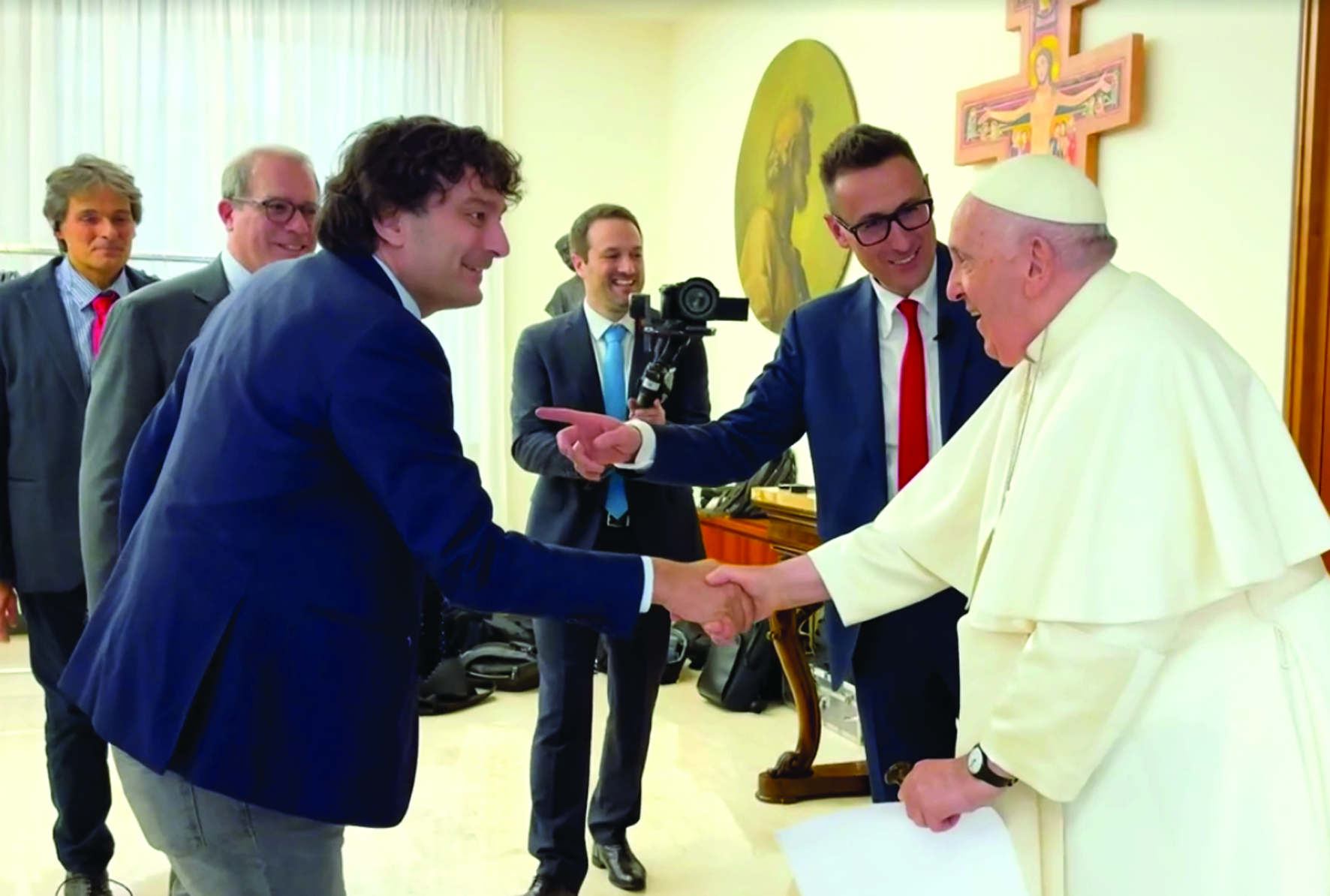
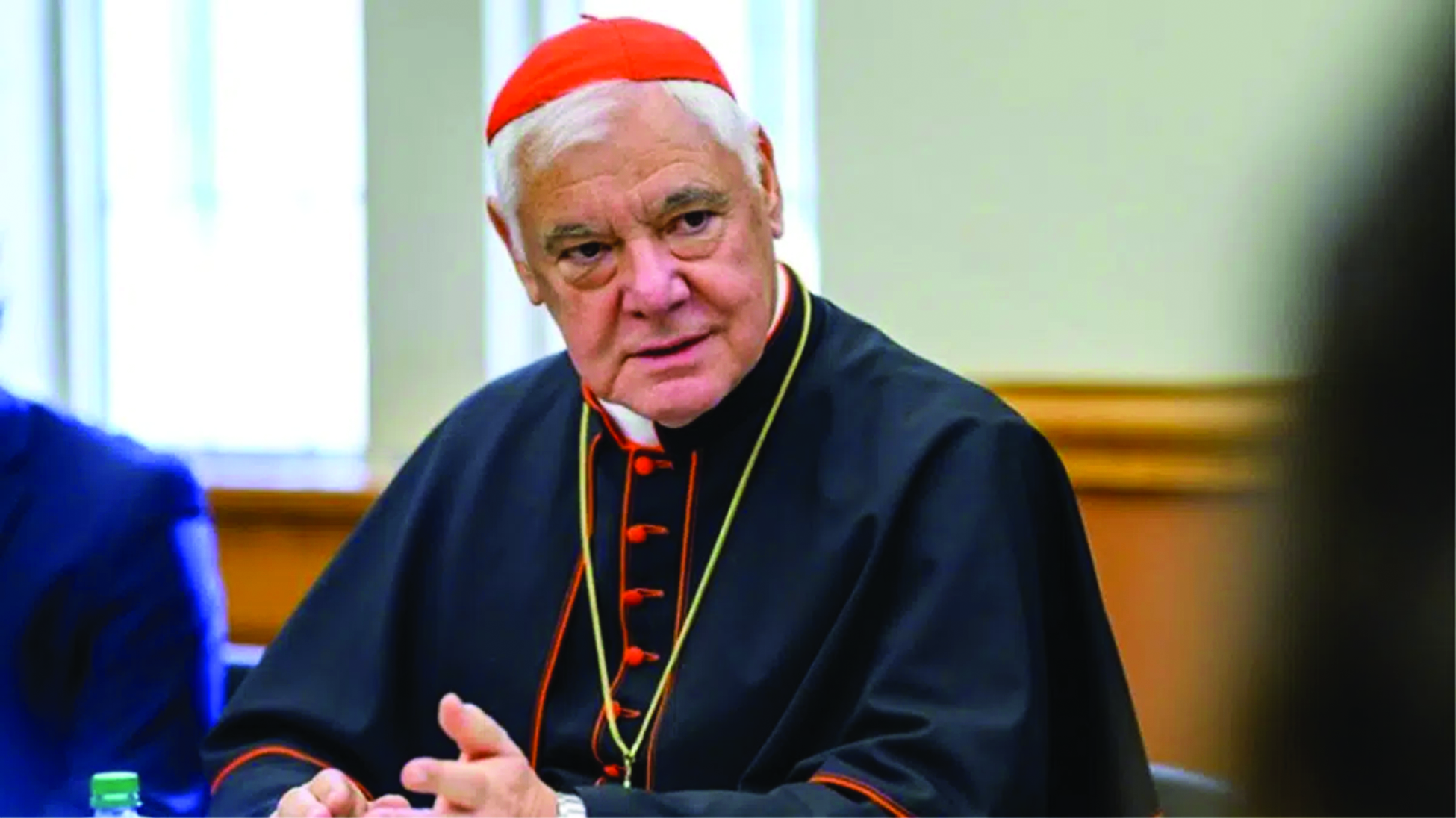
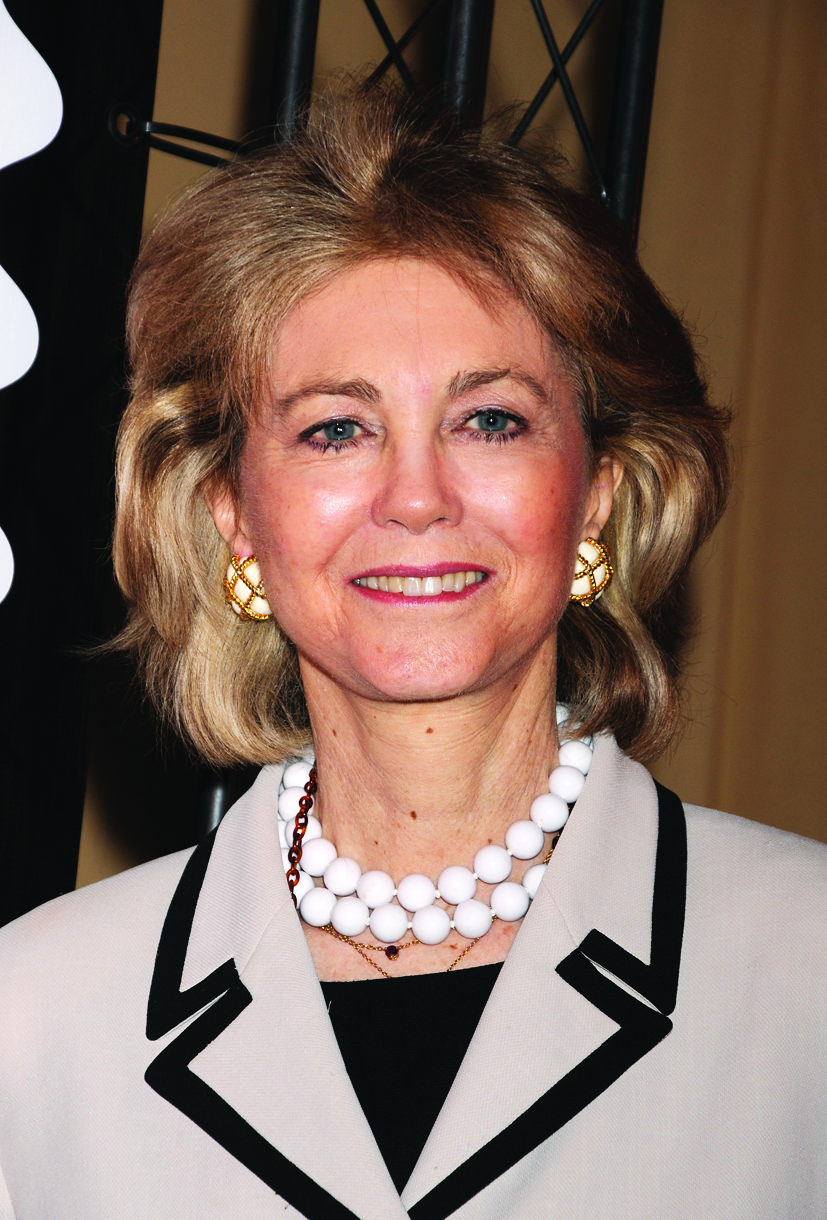
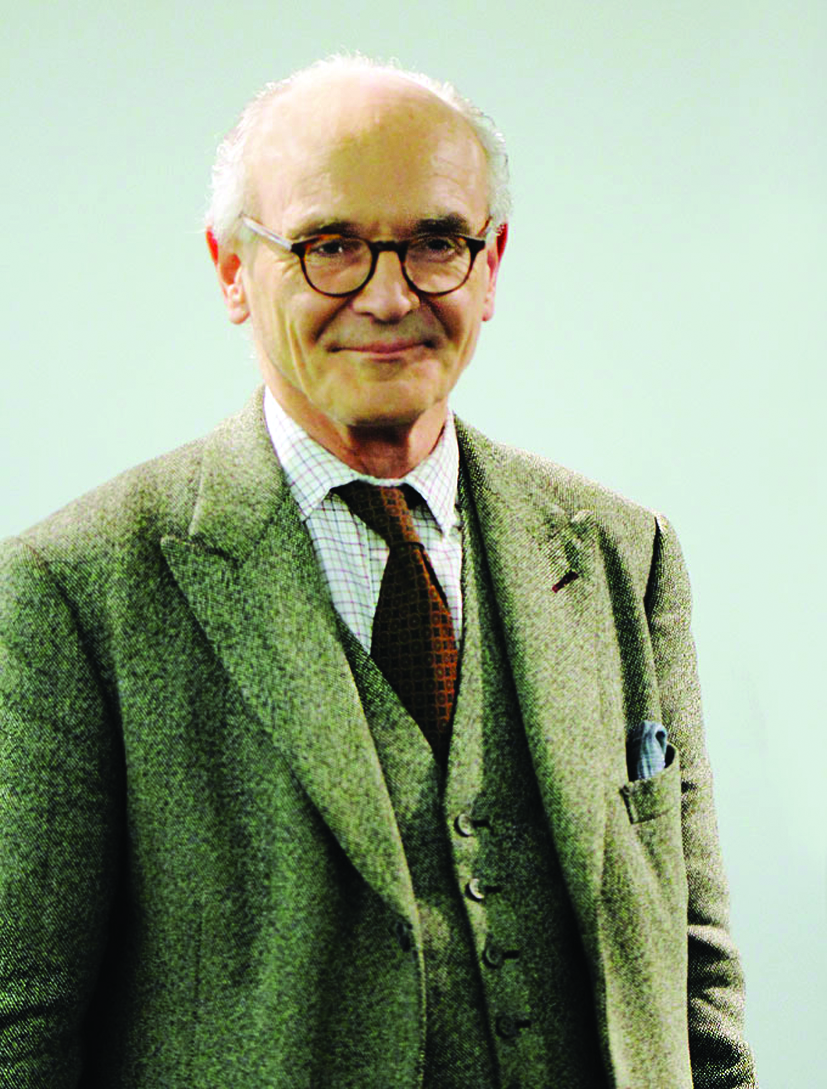
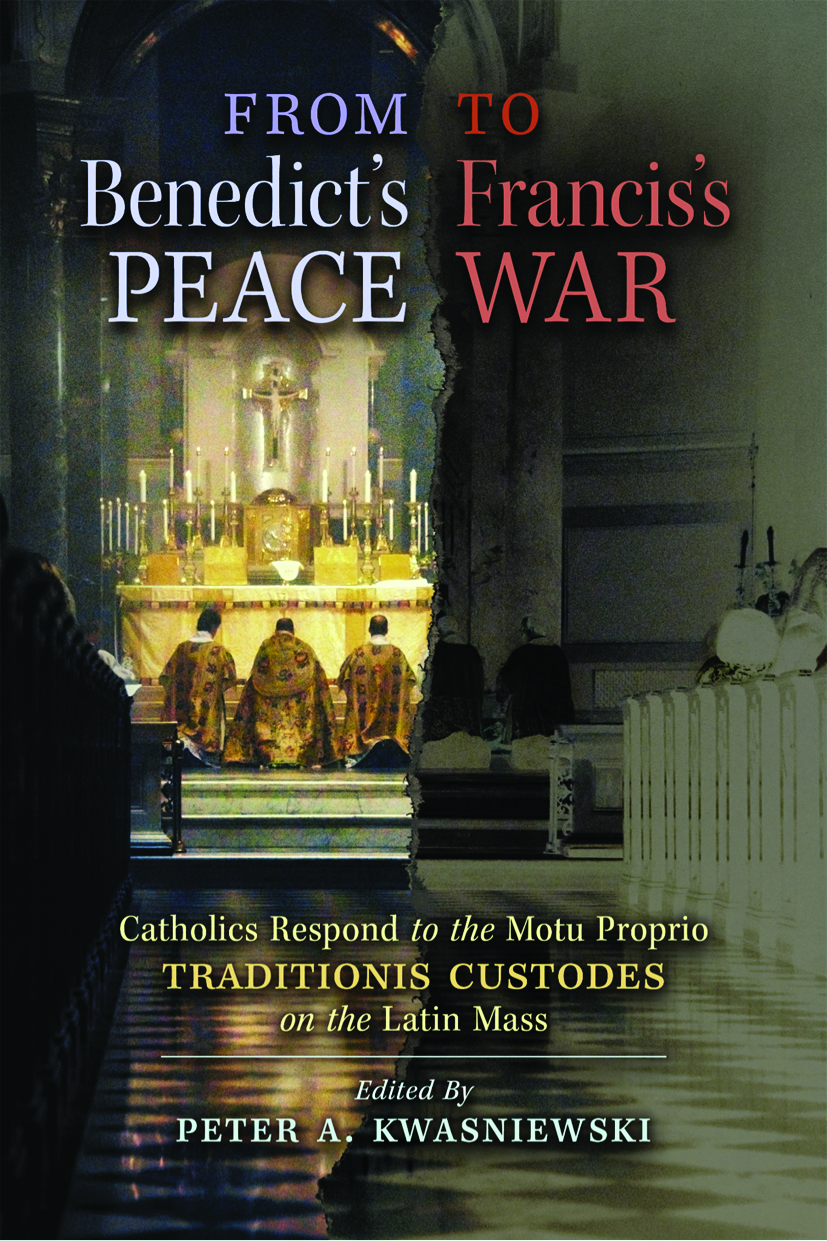
Facebook Comments